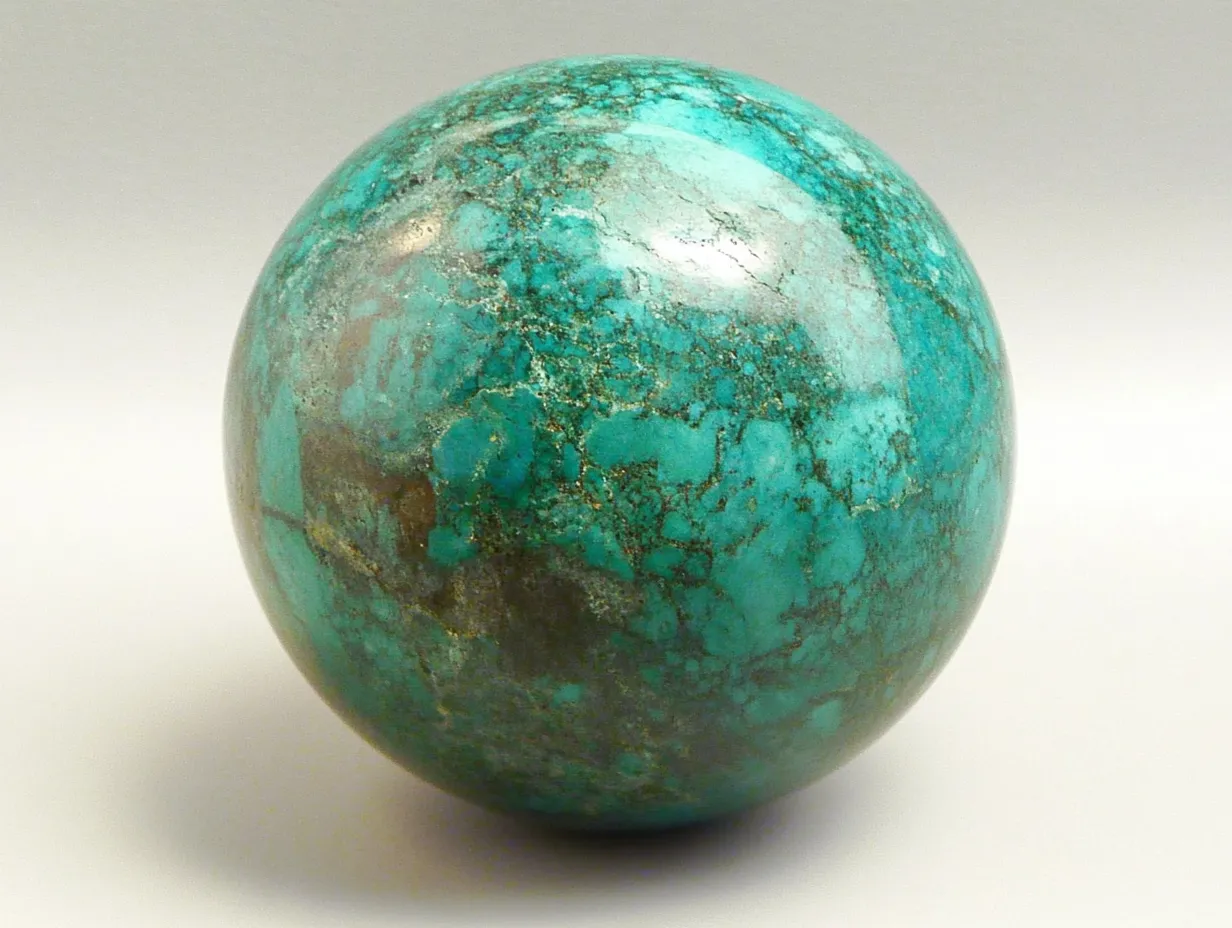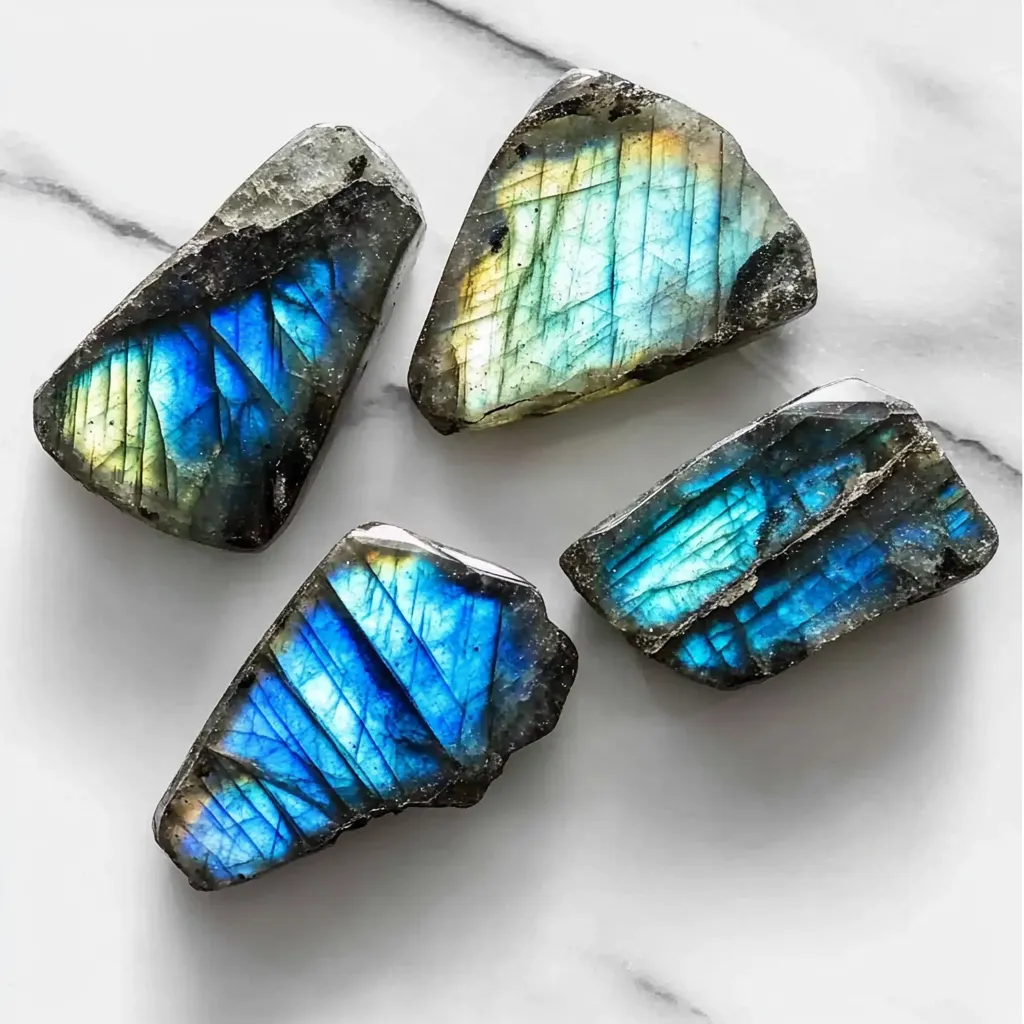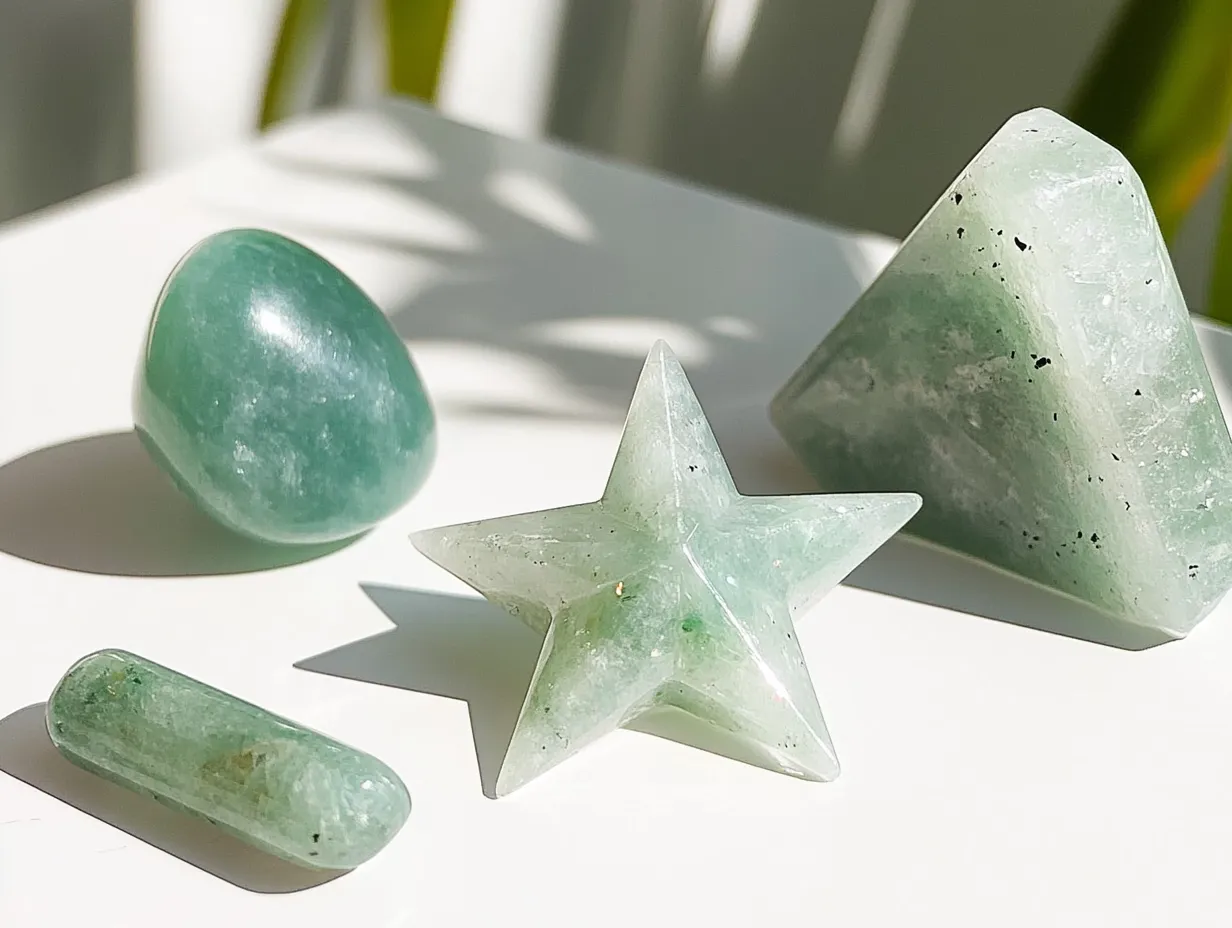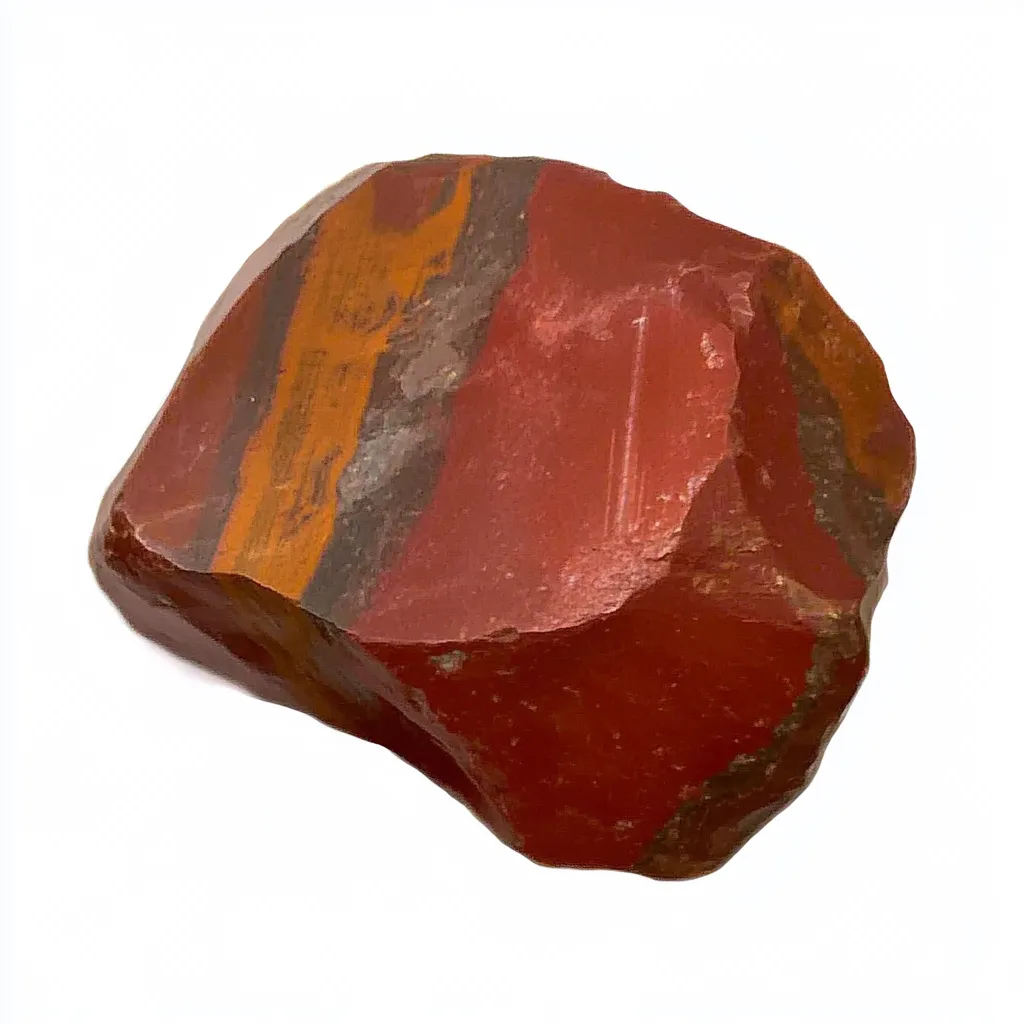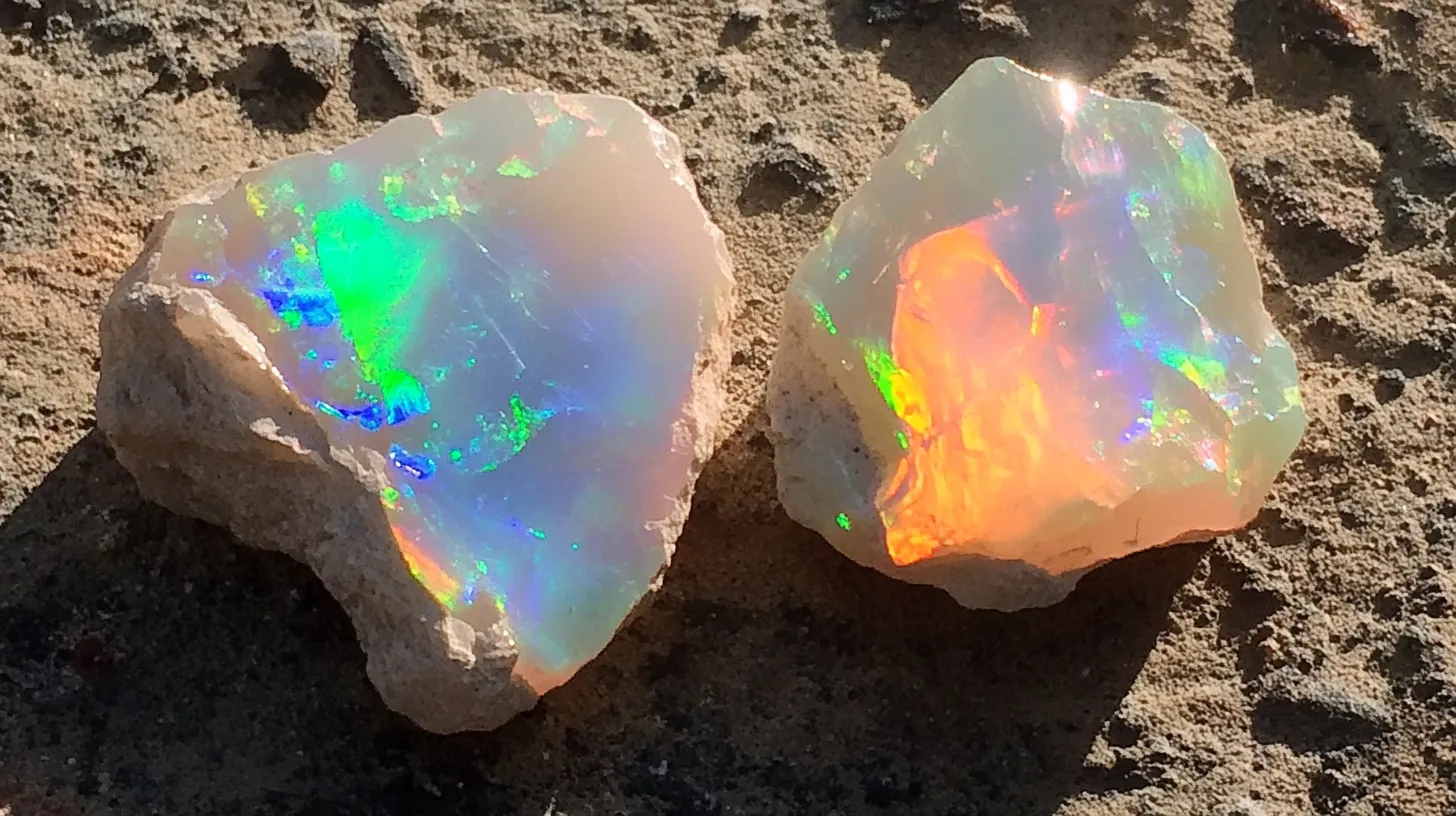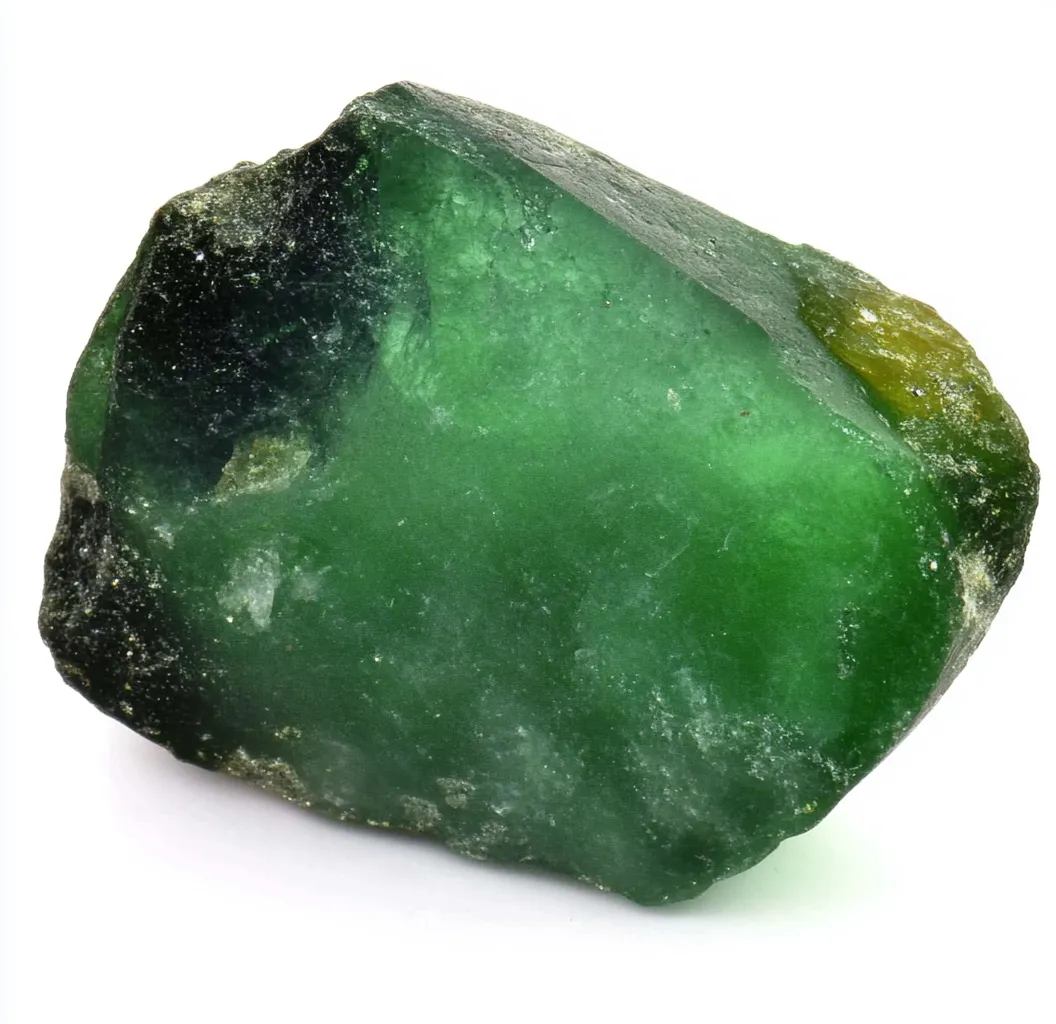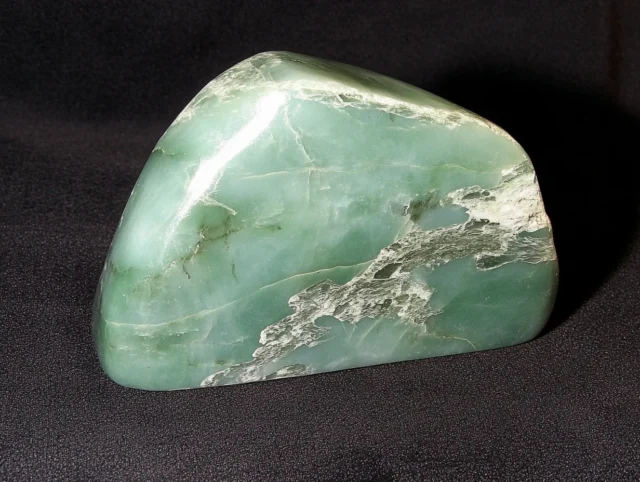

What is Jade Stone?
Jade is one of the most revered and treasured gemstones in the world, prized not only for its beauty but also for its durability and rich cultural importance. Typically green, this lovely stone also comes in a variety of tints, including white, lavender, yellow, red, and even blue. The term “jade” really refers to two separate minerals: nephrite and jadeite. Nephrite is more commonly discovered and has a softer, more fibrous texture, while jadeite is uncommon and typically of higher value due to its vibrant colors and fine grain.
Jade has been loved for millennia in cultures across the globe, particularly in China, Mesoamerica, and New Zealand, where it is considered a symbol of purity, knowledge, and spiritual protection. People have fashioned it into jewelry, carvings, ceremonial objects, and even giant jade sculptures. Some of the most famous jade carvings are located in China, where complete thrones, vases, and sculptures have been fashioned from gigantic jade chunks.

Types of Jade
There are two main kinds of jade: nephrite jade and jadeite jade. Nephrite jade is often found in colors like green, white, brown, and yellow. For thousands of years, diverse civilizations have made tools, jewelry, and decorations from this more often occurring variation. Conversely, jadeite jade, which is rarer and has vivid hues such as green, lavender, scarlet, and blue, is highly valued. People regard it as more valuable, especially if it exhibits a bright green color and good translucency.
| Type of Jade | Common Colors | Value and Use |
|---|---|---|
| Nephrite | Green, White, Brown, Yellow | Used for tools, jewelry, and decorations |
| Jadeite | Green, Lavender, Scarlet, Blue | Highly valued, used for fine jewelry |
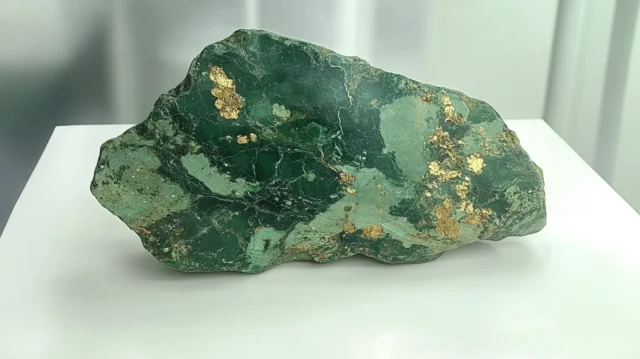
Blue Jade
Green jade is among the most often used and highly prized varieties of jade. This type is usually associated with harmony, good fortune, and wealth. People particularly admire dark green jade for its strong, vivid color, symbolizing resilience and willpower.
Yellow Gemstone
Yellow jade, known for its warm, golden tones, is believed to symbolize knowledge, happiness, and hope. Many societies relate it with emotional harmony and riches. It is also supposed to give mental clarity and help in making decisions.
| Color | Symbolism |
| Green | Wealth, luck, and harmony |
| Yellow | Knowledge, happiness, and emotional equilibrium |
| Red | Enthusiasm, bravery, and drive |
| Blue | Tranquility, wisdom, and clarity |
| Dark Green (Pounamu) | Cultural legacy, fortitude |
Green Jade
The red jade gemstone is associated with courage, energy, and passion. People say it helps them gain confidence and overcome anxiety. Usually worn in decorative jewelry, this vividly colored jade is somewhat rare.
Blue Jade
Calm and peaceful blue stone jade represents emotional equilibrium, knowledge, and harmony. Often used in meditation and spiritual activities, it helps to foster peace and clear thinking.

Jade from New Zealand
Nephrite jade, sometimes known locally as “pounamu” or “greenstone,” is a specialty of New Zealand. Commonly used in traditional carvings, pendants, and sculptures, this variety is very important culturally for the Maori people.
The Interpretive Meaning of “Jade”
Originally Spanish, “jade” is “piedra de ijada,” which means “stone of the loins.” People assigned this term to jade because they believed it to have protective energy for the body and heal renal diseases.

Metaphysical Qualities and Benefits of Jade Stone
Often connected with harmony and balance is jade. It is said to promote emotional stability, ease anxiety, and bring clarity to the mind. Many people use jade as a protective stone, carrying or wearing it to shield themselves from negative energies. It is also believed to attract good luck, making it a popular talisman for prosperity and success.
Additionally, jade is known for its soothing energy. It is commonly used in meditation and energy healing to restore inner peace and calm. Physically, some believe jade can help detoxify the body, support kidney function, and aid in overall well-being.

The Difference Between Real Jade and Fake Jade
Due to its high value, real jade is often imitated using glass, plastic, or dyed quartz. The difference between real jade and imitation jade can be detected through tests such as evaluating its hardness, translucency, and weight. Real jade is durable and has a smooth, waxy texture, but imitation jade tends to be lighter and more brittle.
| Feature | Real Jade | Fake Jade |
| Hardness | Tough, resists scratches | Softer, easily scratched |
| Texture | Smooth, waxy feel | Often brittle or too polished |
| Weight | Heavier due to natural density | Lighter, may feel hollow |

Guide for Jade Stone Cleansing
Maintaining jade’s natural qualities requires keeping it clean and energetically charged. Jade is a non-porous stone; hence, gentle soap and warm water will help you to gently clean it. Steer clear of strong heat, ultrasonic cleaners, and harsh chemicals since these could compromise the structure of the stone.
Many people would rather rinse jade under running water and leave it in moonlight overnight for an energetic cleaning. Another good approach to clear any residual bad vibes from the stone is smudging with sage or palo santo.
Manual on Charging Jade Stone
Jade can be buried in the ground for a few hours or placed in a basin of fresh soil to replenish its natural vitality. This enables it to restore its anchoring qualities and reconnect with its natural roots. To further enhance the vibrational energy of jade, some people charge it by surrounding it with a bit of quartz or selenite.

Stone of Jade and Birthstone
Though it is not formally identified as a modern birthstone, jade is usually connected with March and August. Many societies feel that jade offers protection and encourages positive energy, benefiting individuals born under these months.
| Month | Significance of Jade |
| March | Rebirth and healing |
| August | Wisdom and wealth |

Jade’s Price
Jade’s pricing depends much on its type, color, clarity, and source. Usually, especially if it has a strong green color and excellent translucency, jadeite jade is more costly than nephrite jade. Depending on grade, jade stone’s price per gram can vary from a few dollars to many thousand dollars.

Jade Stone’s Significance in Tarot
Often connected with The Empress card in tarot, jade represents peace, abundance, and nurturing energy. It emphasizes the need for self-care and links one to the surroundings. Those who practice tarot could use jade to balance their readings and boost intuition.
Jade Stone and Zodiac
Jade shares great similarity with the signs of Taurus, Libra, and Pisces. Jade’s grounding and stabilizing energy helps Taurus stay balanced and focused. Seeking harmony in relationships, Libras discover that jade improves their capacity for communication and inner calm maintenance. The very intuitive sign Pisces can utilize jade to deepen their emotional resilience and spiritual connection.
Beautiful, symbolic, and healing, jade is a timeless gemstone beloved for these qualities. Jade is still among the most amazing gemstones in the world, whether one uses it for protection, wealth, or personal development.

